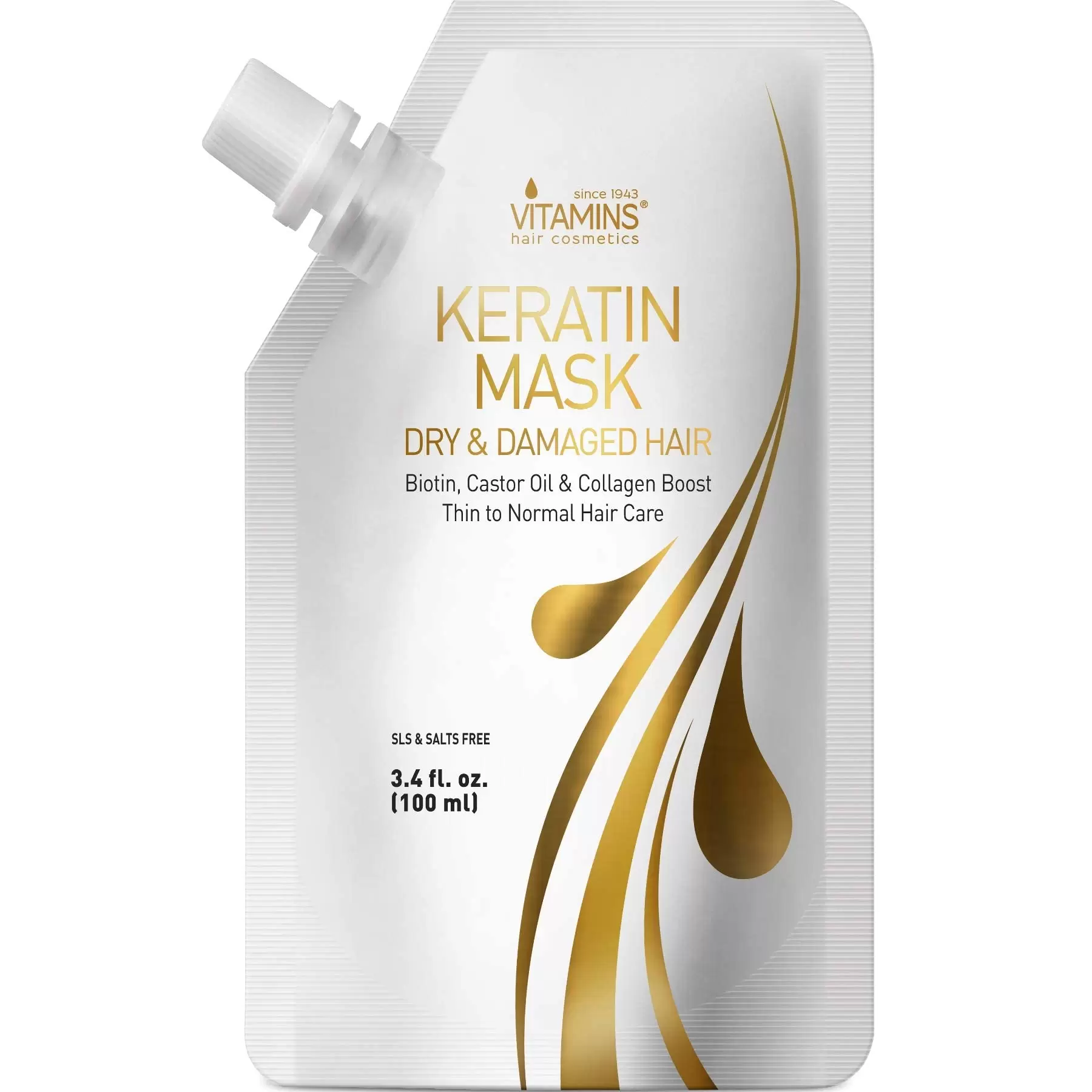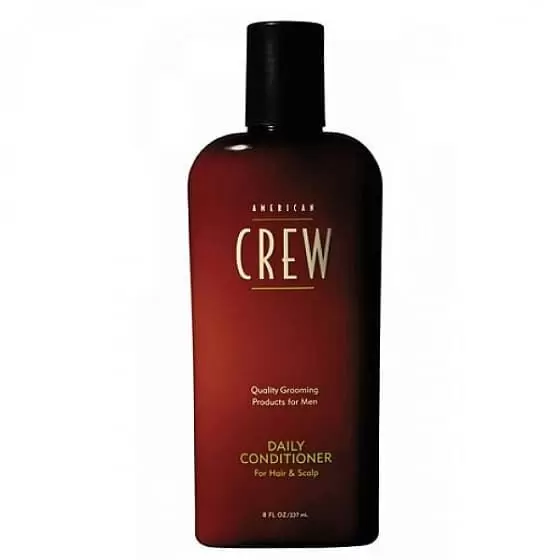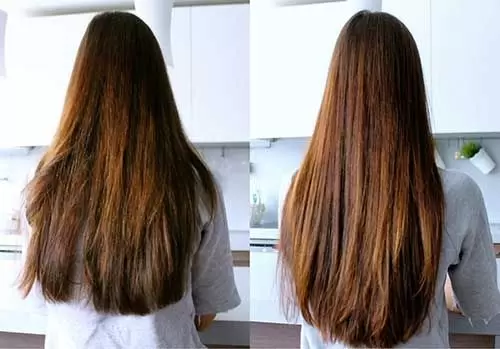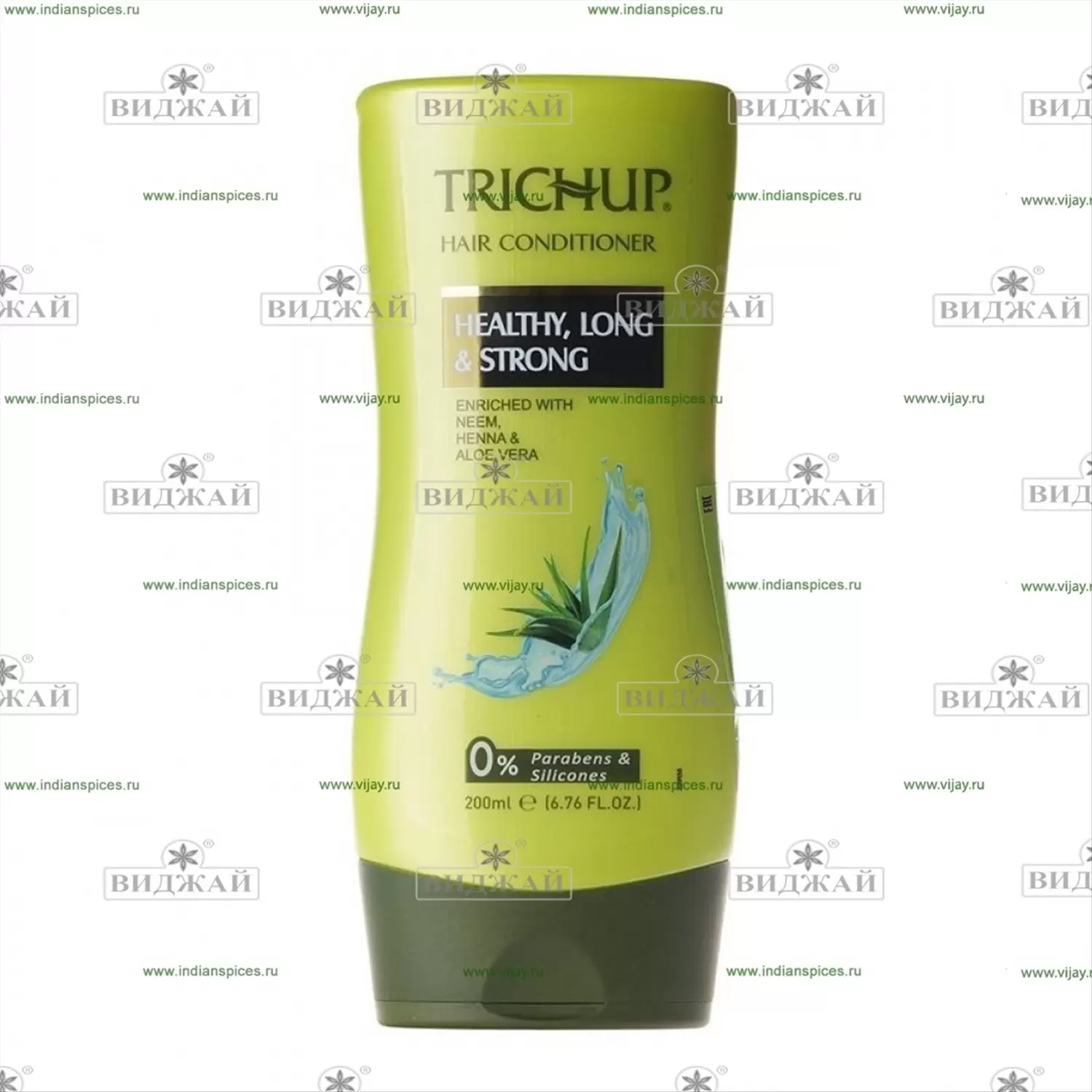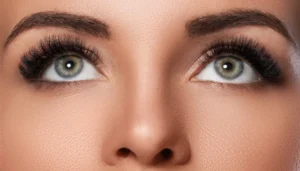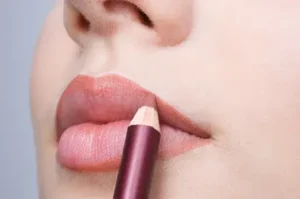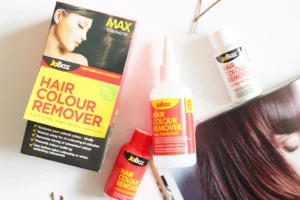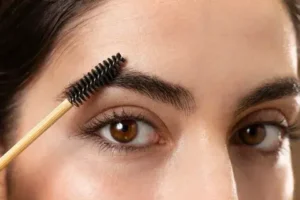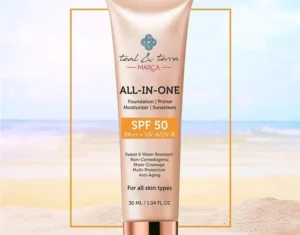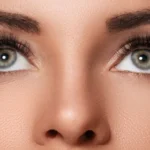Hair conditioning is a common practice, but is it necessary to do it daily? Let’s explore the pros and cons of daily hair conditioning in more depth.
The Great Debate
Condition hair daily is a routine many follow religiously. Others wonder if doing so is truly beneficial or if it’s better for hair health and styling needs to condition less frequently.
Facial hair care specialist Dr. Lauren Miller says “the effects of conditioning depend greatly on hair type factors like thickness, texture, and current condition.
There is no single right answer that works for everyone; trial and error is needed to see what frequency your own hair prefers.”
The debate often arises due to disagreement on potential downsides of over conditioning like product buildup versus benefits of moisturization.
Are daily conditioners stripping hair of its natural oils long term or simply helping manage hair better in the short term? Let’s examine both sides of this complex and controversial debate in more detail.
The Case for Daily Condition hair
Conditioner moisturizes and softens hair. For those with thick, curly, chemically treated, or otherwise damaged hair prone to frizz and flyaway, daily conditioning can provide much needed hydration.
Conditioner forms an artificial cuticle layer that helps repair damage from heat styling and protects hair from further breakage from brushing and combing research shows it reduces damage by 60% or more.
Daily conditioner temporarily leaves hair noticeably shinier, silkier to the touch, and more manageable for several hours after washing according to curly hair specialist Cheryl Mayo.
For some, these effects are a big boost to confidence and make styling easier. Maintenance of healthy hair is also important for those in public facing careers who rely on a polished appearance.
Fine, color treated, or ethnically curly hair may simply need and prefer the intense hydration that daily conditioning provides to look its best, advises trichology’s Mary Greenwell.
It establishes a regimen these hair types have thrived on for years. When skipping a day, their hair may inexplicably frizz or feel dry according to client reports.
Conditioner also rinses out more product residue and pollution that builds up throughout the day from one’s environment and hair care products.
Daily use can deep clean scalp pores for optimal hygiene, say dermatologists. Skipping risks exacerbating any existing scalp conditions or irritations over time.
When Daily Condition hair May Not Be Best
“There is such a thing as over conditioning,” cautions hair expert and science communicator Nicole Beemer in her YouTube channel’s video on the topic.
While moisture and hydration are important for all hair types, excessive use can lead to product buildup and potentially clogged follicles according to research.
Those with fine, straight, baby fine hair prone to oiliness may find their hair gets limp, lank, and greasy looking if conditioned daily.
It occurs because their hair produces a lot of natural oil and conditioner further weighs it down instead of providing benefit.
Industry studies have found this hair type often does best conditioning 2 3 times a week maximum.
On the other hand, daily washing and conditioning of anything but the most high maintenance hair can deplete its natural moisture barrier when done long term.
As early as after three months, this leads to dry, damaged hair prone to split ends and breakage according to dermatologic society research journals.
This effect occurs because conditioner penetrates and swells the hair cuticle, but regular shampooing shrinks it back down over time, degrading the cuticle microscopically with each use.
While moisture is added in the moment, it is lost more quickly between washes. In wintertime when indoor heat dries hair considerably, weekly or even bi weekly conditioning allows hair to self moisturize optimally.
The Right Approach Depends on Your Hair Type
Given these counteracting effects of conditioning, it’s clear the ideal frequency and application varies case by case:
Thick, coarse, curly wavy, chemically treated, or otherwise damaged hair:
Daily conditioning is generally fine and may be preferable for these hair types prone to freezing and breakage.
On wash days when cleansing enhances moisture loss, heavier conditioners are recommended.
Thin, fine, straight hair prone to oiliness:
Daily is too much hydration for these light hair types whose sebaceous glands are very active.
Two to three times weekly conditioning suits them best to deeply hydrate without weighing down.
Normal to wavy, undamaged hair on healthy individuals:
Twice weekly conditioning is sufficient to maintain softness and manageability for average hair not prone to excessive frizz or oil production. Conditioning every 3-4 days works too.
Hair in colder, drier climates:
Weekly conditioning allowing natural oils to moisturize between washes better preserves hair’s integrity when indoor heating dries it out significantly.
Of course, these are generalizations other factors like lifestyle, products used, and individual preferences also matter greatly. With patient trial and error, one finds their hair’s personal balance point.
Finding the Right Routine for You of Condition hair
The ideal hair care routine requires listening to your hair and adjusting according to its specific needs:
- Experiment by reducing conditioning frequency and closely observing hair’s feel and styling ease
- Monitor for signs of dryness like frizz, split ends or breakage cropping up
- Determine what routine leaves hair balanced and healthy looking both immediately after and between washes
- Get periodic hair analysis by a trichology’s if unsure or unable to pinpoint your hair’s wants
- Customize the regimen to meet changing needs with different seasons or lifestyle factors
- Be willing to modify the plan as hair characteristics change over time due to aging, pregnancy, or other life phases
A few months of playing hair care detective work reveals the tailored conditioning approach your unique hair requires to stay in top condition both now and long term.
While this requires patience, understanding hair from the inside out leads to lasting hair health.
Whether daily conditioning is necessary depends greatly on hair type nuances that even professionals continue learning about.
Rather than obsess over rules, listening closely to how hair responds to different routines leads to the individualized solution.
Finding customized conditioning and washing frequencies your hair clearly communicates it prefers is key for balanced moisture without damage or oil disruption.
With consistent observation and a willingness to modify as hair evolves, you can ensure long, strong locks for years to come.
Frequently Asked Question (FAQs)
Q: How often should you condition your hair?
A: 2-3 times a week.
Q: Does conditioning hair everyday damage it?
A: When overused or not properly rinsed off, it can damage hair.
Q: Is conditioner really necessary?
A: It is important to use conditioner if you have coloured hair or you swim regularly in chlorinated water.
Q: What are the disadvantages of conditioners?
A: Over conditioning or improper rinsing can make the hair dull, lifeless, and prone to breakage.
Q: How often should I use a conditioner?
A: Every time you wash it.
Conclusion of Condition hair:
In the end, there is no single right answer when it comes to how often one should condition their hair.
So much depends on individual hair characteristics like thickness, texture, current condition, lifestyle and environment factors.
The best approach is to see conditioning frequency as a customizable variable to experiment with.
By paying attention to hair’s needs and feedback over time, one can determine the ideal routine for balanced hydration without damage or oil disruption.
Finding what truly works in harmony with your hair’s natural cycle and composition leads to long term hair health, strength and satisfaction with your tresses.
